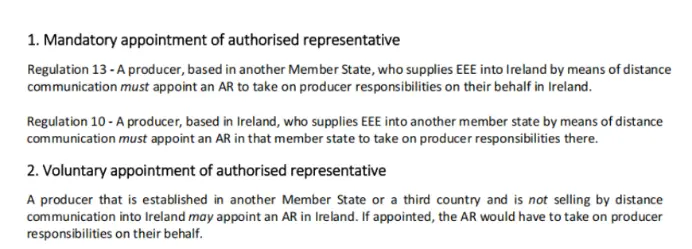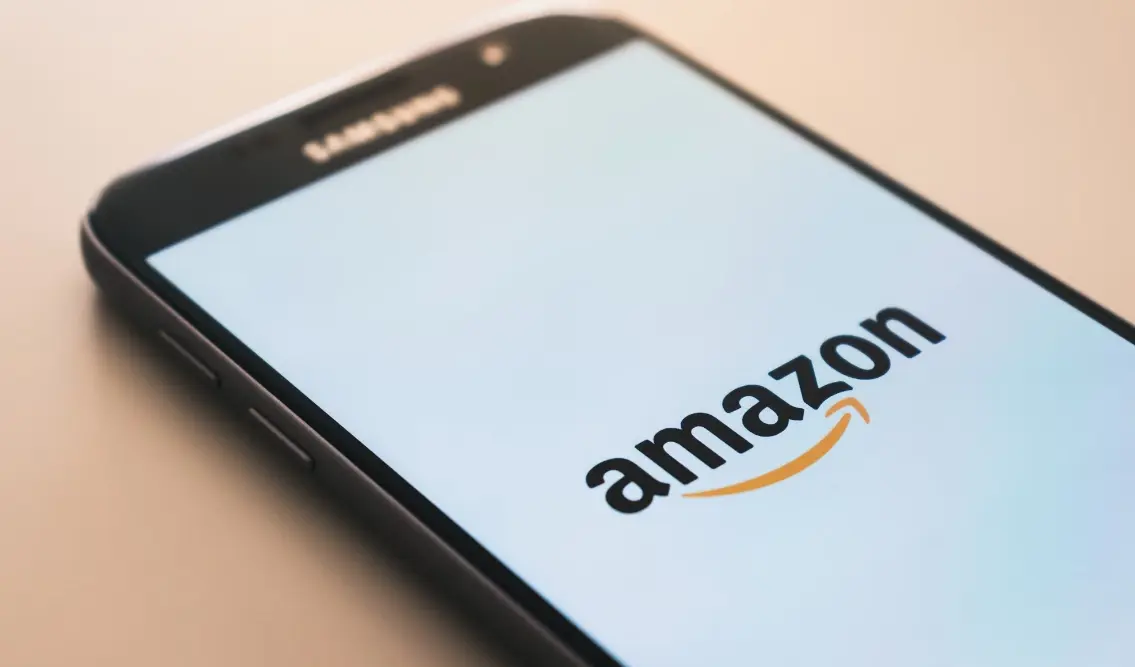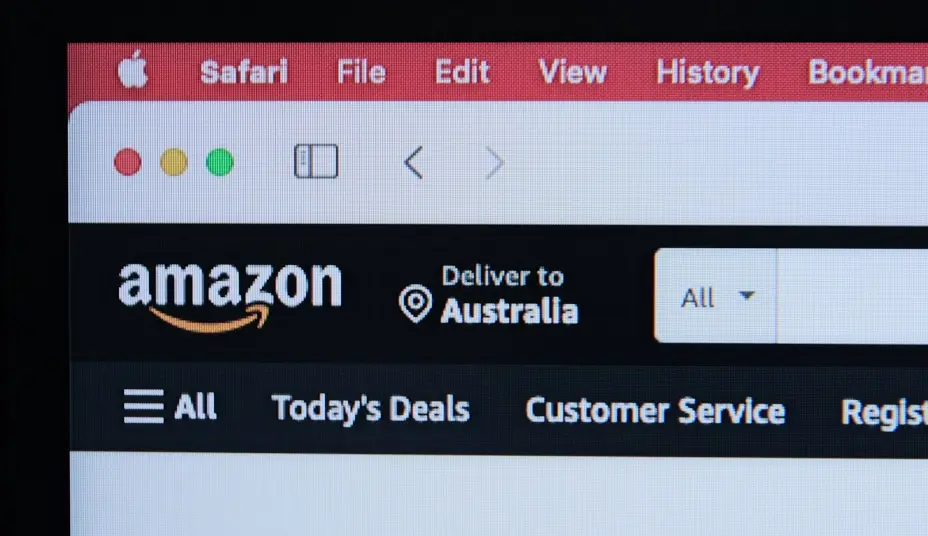
What is EN62133 Certification?
en62133 is a safety testing standard for battery products issued by the European Union. However, it cannot be used to issue a ce certificate. Many third-party agencies still issue CE certificates based on EN62133, which is highly unprofessional. (If any laboratory tells you that CE can be issued based on EN62133, it's best not to work with them.) This is because EN62133 is not under the scope of CE directives. It can only be used to issue a TUV-mark certificate and test report.
If a client needs a cb certificate, it shoULd be issued under IEC62133. The test requirements for EN and IEC standards are the same; the only difference is that IEC standards are issued by the International Electrotechnical Commission, while EN standards are issued by the European Committee for Standardization.
About JJR Laboratory in China
JJR Lab is a professional testing and certification service provider for battery products, including new energy batteries and energy storage systems. The company is CNAS accREDited and serves as a witness lab for international bodies such as TUV, ITS, and BV. Services include certification and testing for CE, FCC, CB, UL, ETL, TUV, un38.3, EN62133, GB31241, and more.
Where Can You Get EN62133 Certification?
Our company offers EN62133 certification services. For detailed pricing and timelines, feel free to contact us.
IEC62133:2017 Edition Official Release
On February 7, 2017, the International Electrotechnical Commission (IECEE) officially released the updated safety standards for single cells and battery packs with alkaline or non-acid electrolytes used in portable electronic devices:
- IEC62133-1:2017 (Nickel systems)
- IEC62133-2:2017 (Lithium systems)
These replaced the 2012 version of IEC62133 and introduced significant updates. The new standard split IEC62133:2012 into two separate documents based on chemistry type.
Key updates include:
- Button cells are now included
- Clause 5.6 updates on cell-to-battery assembly
- New mechanical tests: Vibration and Shock (7.3.8.1, 7.3.8.2)
- Reference to IEC TR62914 added
Key Differences Between IEC62133:2012 and IEC62133-2:2017 (Lithium Batteries)
1. Standard split:
- Nickel-based: IEC62133-1:2017
- Lithium-based: IEC62133-2:2017
2. Button cells are now included in the lithium battery standard.
3. Preconditioning:
- Old: Cells and batteries conditioned under high/low temperatures.
- New: Only cells need preconditioning per manufacturer’s charging method.
4. External short circuit test:
- Old: Cells at 20±5°C, Batteries at 55±5°C
- New: Cells at 55±5°C, Batteries at 20±5°C
5. Thermal abuse test:
- Old: 130±2°C, 10 min (large cells 30 min)
- New: 130±2°C, 30 min
6. Crush test:
- Old: 13±1 kN, several termination conditions
- New: 13±0.78 kN, fewer termination criteria
7. Overcharge test:
- Old: 2C charging up to 5×n (n = series count)
- New:
- Single cells: up to 1.4×max voltage (≤6V)
- Multiple cells: up to 1.2×max voltage × n
8. Forced discharge:
- Old: Reverse charging at 1C for 90 mins
- New: Reverse charging to -1×max charge voltage for 90 mins
9. Transport testing:
- Old: Full IEC62281 transport tests
- New: Vibration and mechanical shock only
10. New AC internal resistance test for button cells
Labeling Requirements for IEC/EN62133
1. Rechargeable lithium or lithium-ion designation
2. Model designation
3. Polarity
4. Manufacturing date
5. Manufacturer or supplier’s name/trademark
6. Rated capacity
7. Nominal voltage
8. Watt-hour rating
Certifications Required for Battery Exports to Europe
- CE
- CB
- UN38.3
- Battery Directive compliance
Certifications Required for Battery Exports to the USA
- FCC
- ul1642
- ul2054
- ul2056
About JJR Laboratory (Repeated for Emphasis)
JJR Lab specializes in testing and certification for battery products, new energy systems, and energy storage batteries. We hold CNAS accreditation and are official witness labs for TUV, ITS, BV, etc. We offer services for CE, FCC, CB, UL, ETL, TUV, UN38.3, EN62133, GB31241, and more.
Email:hello@jjrlab.com
Write your message here and send it to us
 Irish Battery Act Requires an Authorised Represent
Irish Battery Act Requires an Authorised Represent
 Swedish Battery Act Requires an Authorised Represe
Swedish Battery Act Requires an Authorised Represe
 Amazon TIC Provider
Amazon TIC Provider
 Amazon Battery and Charger Requirements
Amazon Battery and Charger Requirements
 Amazon Japan METI A Domestic Administrator Service
Amazon Japan METI A Domestic Administrator Service
 What is "Amazon Japan PSE: A Domestic Adminis
What is "Amazon Japan PSE: A Domestic Adminis
 What Does "ASTM F963-17 Certified" Mean?
What Does "ASTM F963-17 Certified" Mean?
 ASTM F963 Board Games Compliance Testing
ASTM F963 Board Games Compliance Testing
Leave us a message
24-hour online customer service at any time to respond, so that you worry!




